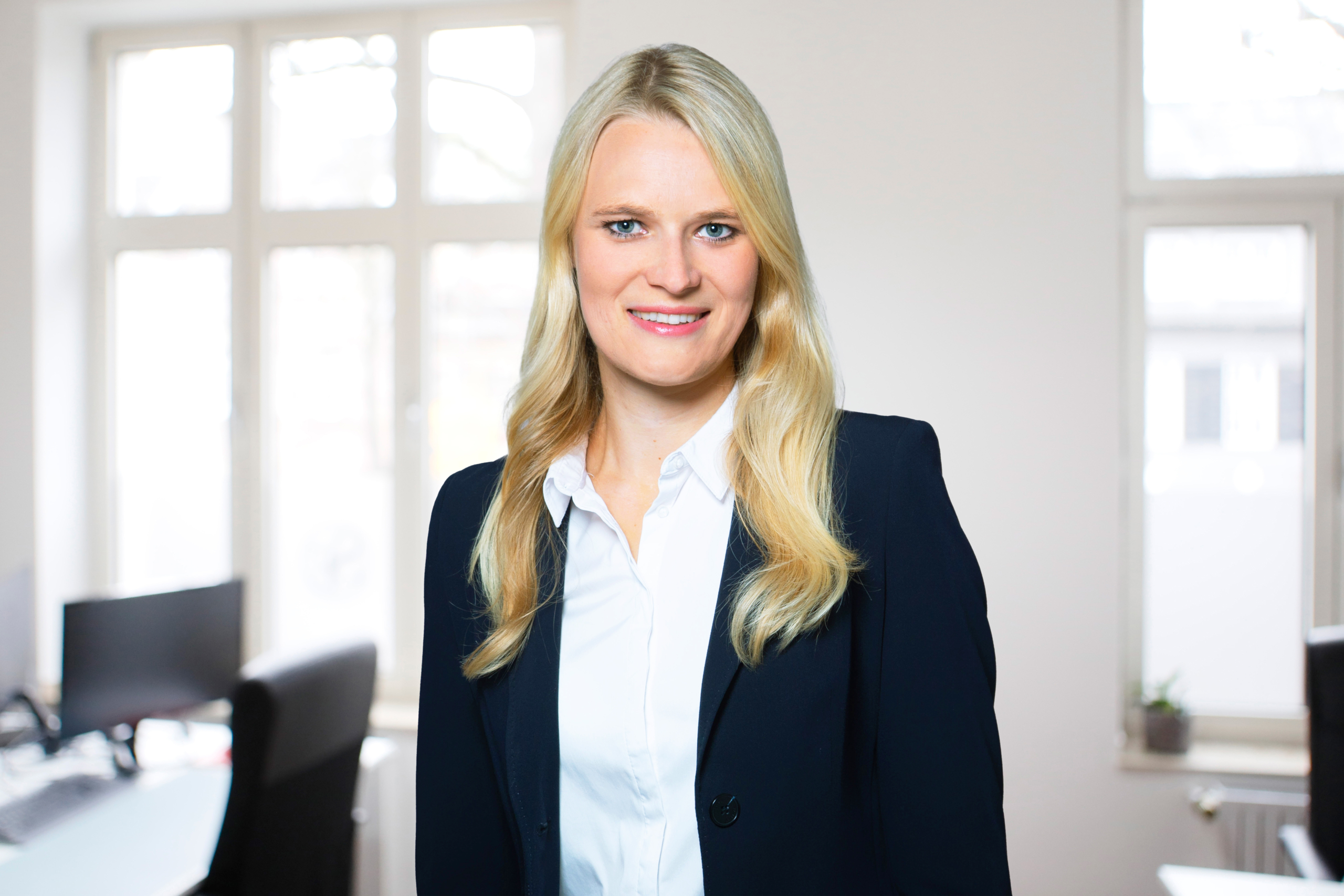Although a marriage is deemed to have ended with a divorce, the marriage’s legal consequences continue to impact afterwards. Thus, pension equalisation is to be carried out within the framework of divorce proceedings. This equalisation is intended to ensure that acquired claims to old-age pensions are divided fairly between the two spouses, as the obligation to pay maintenance during a marriage includes the daily necessities of life and old-age provision. To check the extent of the benefits you are entitled to, it is advisable to consult an experienced family lawyer.
Schlun & Elseven Rechtsanwälte offers comprehensive support in all family law matters. Our lawyers have in-depth expertise in ensuring that pension equalisation is carried out correctly and that you and your divorced spouse receive a fair division of pension entitlements.
Legal Scope of Pension Equalisation
The equalisation of pensions concerns entitlements or prospects to statutory and private pension entitlements acquired during the marriage. These are usually entitlements to statutory pensions, civil servants’ pensions, occupational or professional pensions or pension claims from private old-age and individual pensions. In 2009, the legislator created a Pension Equalisation Act (VersAusglG) for pension equalisation, which the Civil Code (BGB) also refers to in § 1587.
The Federal Constitutional Court has derived from Article 6(1) German Constitution in conjunction with Article 3(2) German Constitution a claim to equal participation in the pension assets acquired during the marriage (BVerfG, decision of 16-11-1992 – 1 BvL 17/89 (issued on a reference from the Landsberg a. L. District Court)).
The Implementation of Pension Rights Equalisation
The family court is responsible for the implementation of the pension rights adjustment.
In principle, § 1 VersAusglG stipulates that all rights acquired during the marriage should be divided in half. The fact that only the rights acquired during the marriage are concerned can be justified by the fact that a mutual pension community between the spouses also only exists during the marriage. Which entitlements exist and in what amount they existed during the marriage period must be determined at the end of the marriage period, according to § 5 para. 2 VersAusglG.
Both spouses are obliged to provide each other with information on entitlements acquired during the marriage (§ 4 VersAusglG) to facilitate the process. As a rule, the Pension Equalisation Act assumes an internal division of pension rights, according to § 9 para. 2 VersAusglG. This practice is only different if an external division has been agreed upon beforehand or if the pension provider of the person liable to equalisation demands an external division.
In the case of the internal division, the pension provider with whom the liable spouse has acquired entitlements or rights is also the pension provider with whom half of the internal division takes place. Thus, spouse A is granted the respective equalisation claims by the pension provider with whom spouse B has acquired expectancies or entitlements. The competent family court issues a corresponding instruction. It should be noted that the half credit may be lower for the person entitled to equalisation due to costs incurred by the pension provider, § 13 VersAusglG.
For reasons of simplicity, internal pension equalisation is the rule because in the case of equalisation with only one insurance carrier, the equalisation claims are offset and do not have to be transferred individually. On the other hand, in the case of the external division of pension rights, equalisation takes place with different insurance carriers.
Legal Exceptions to Pension Rights Equalisation Requirements
There are, however, exceptions where pension equalisation does not take place:
- In cases where the marriage period has only lasted up to three years, pension equalisation does not occur. The situation is different if one spouse applies for pension equalisation under § 3 para. 3 VersAusglG.
- The spouses have excluded pension equalisation in a marriage contract. Such an agreement must be notarised per § 7 VersAusglG and, under § 8 (1) VersAusglG, be subject to a review of its content and exercise.
- In the case of insignificant equalisation values, according to § 18 VersAusglG.
- If the pension equalisation would be grossly inequitable, according to § 27 VersAusglG. Such gross inequity is always decided on a case-by-case basis, which the courts must weigh up legally.
In addition, pension equalisation can still be adjusted after it has been carried out by the family court. Such adjustments are allowed f there are maintenance claims (§§ 33, 34 VersAusglG), the person liable to equalise becomes disabled (§§ 35, 36 VersAusglG) or if the person entitled to equalisation dies (§§ 37, 38 VersAusglG).

Practice Group: German Family Law
Practice Group:
German Family Law
Contact our Lawyers for German Family Law
Please use our online form to outline your request to us. After receiving your request, we will make a brief initial assessment based on the facts described and provide you with a cost offer. You can then decide whether you would like to engage our services.








